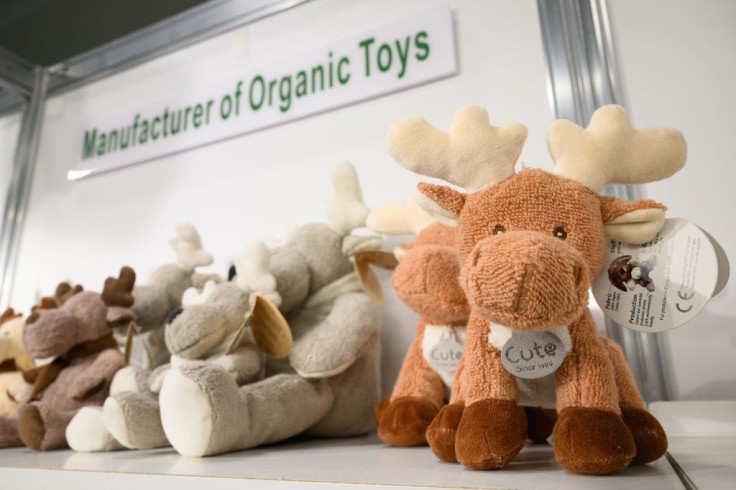
When Laurel*, 29, walked into the living room, she saw what looked like a police line-up of toys. The marble counters had stuffed animals carefully lined up, each placed shoulder to shoulder and facing out.
He removed all the toys a few minutes later and lined them up again on the dining room table.
Lauren says this is not the first time he has lined up toys. His son meticulously places all his trains in a row. He also arranges different types of fruit.
Lining up toys
According to Dr. Anna Shier, a child and adolescent psychiatrist, lining up toys and arranging things can be fun for some kids because it "is their way of seeing how their actions impact the world around them."
The desire to line up toys or arrange them in a particular order is a very common aspect of children on the autism spectrum, and the key for these kids is to get as early of intervention as possible," Shier said.
For autistic children, this activity takes real, symbolic play.
However, experts say that the desire for order is not a symptom of Autism. Chances are, your child would like to create order in chaos. At this stage, toddlers are mastering things in their environment, and it gives them a sense of control and power over their surroundings, Shier added.
Suppose they line the toys for a reason or to be compulsive. Try to observe if it is a pretend play or games the child is playing with other kids.
Sorting is a Life Skill
Despite the concerns, the lining of toys can be a much-needed skill for toddlers when entering school, Jacquelyn Smith, a special education administrator, said.
Smith said the activity is a fundamental math skill that teaches patterns, problem-solving skills, and analysis of objects. It also means learning colors, shapes, and patterns.
If you have a gut feeling that the child has Autism, experts advise keeping a good eye on the child.
Telltale Signs if Child has Autism
If you are concerned if your child has Autism, here are some of the telling signs:
- The child may not little or no eye contact
- Less responsive to parent's smile or another facial expression
- Does not respond to objects or events that a parent or guardian looks up to
- Does not bring or show things of personal interest to parents
- Shows little concern or empathy for others
- Late speech development
- May not respond to a name or other sounds
- Unlikely to use toys or object to represent people or real life in pretend play
- Rocks, twirl, fingers, walks on toes for a long time, or flaps hands
- Likes order, routines, rituals
- Plays with parts of toys instead of the whole toy
- May not cry if in pain or show fear
- May be sensitive to light, smell, sounds light, texture, or touch
Trust your instincts
If you think that your child has Autism, talk with your pediatrician about your concerns. Together, you and your doctor will find the best way to help your child.